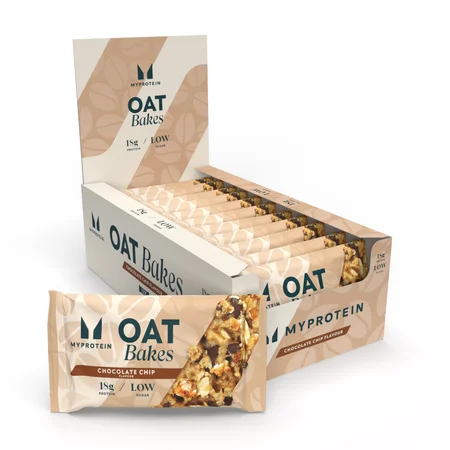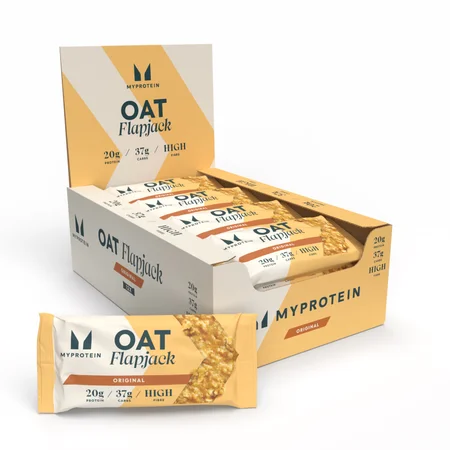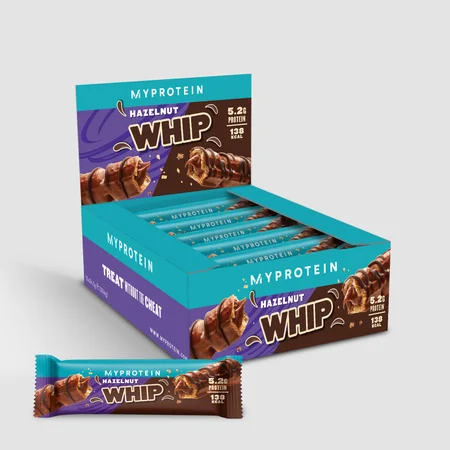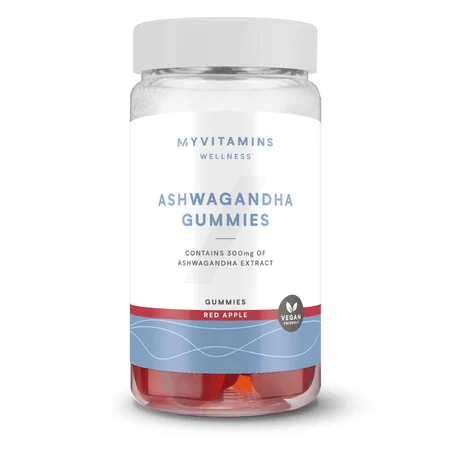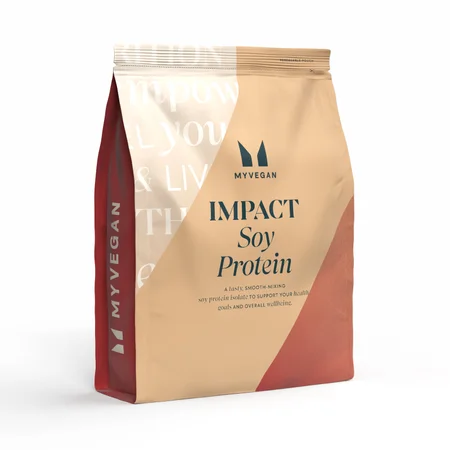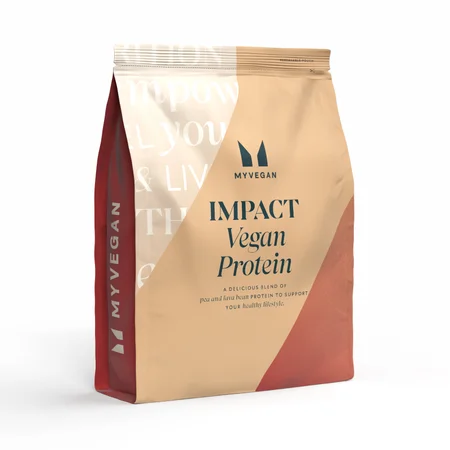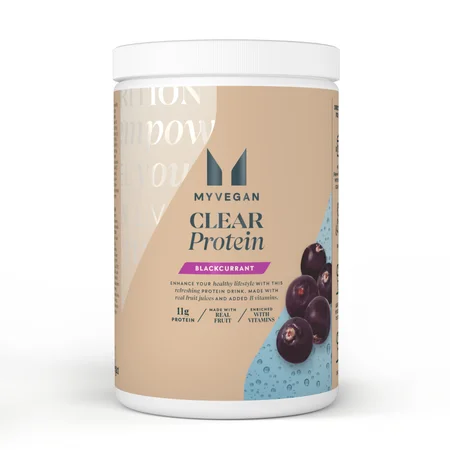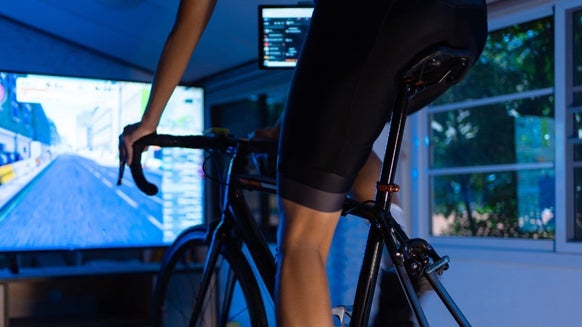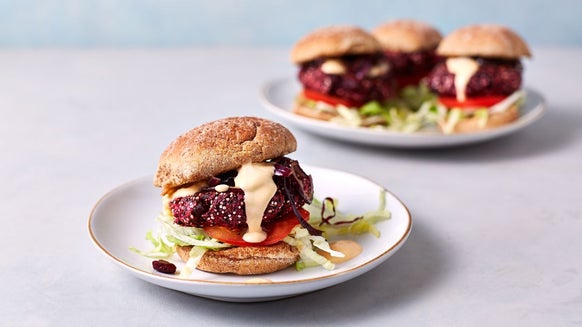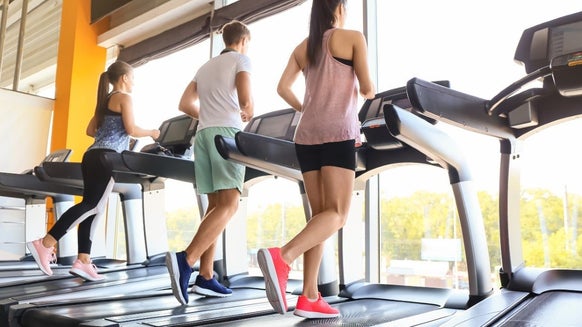10 Reasons Why You Bloat & How To Minimise It

Bloating. A problem many of us face but very few people (including those on TikTok who claim to have all the answers) know the actual causes.
- What is bloating?
- What causes bloating?
- What helps with bloating?
- How to reduce bloating?
- What relieves bloating fast?
- How to stop bloating
- How to get rid of bloating
- Foods that can cause bloating
What is bloating?
Bloating, at its mildest form usually involves a feeling of fullness or tightness in the abdomen – which normally occurs after having a meal. Or you may know this as a food baby.
Next up, moderate bloating. This can be much more uncomfortable and may involve visible swelling in the abdomen.
And lastly, the final boss of bloating — severe bloating. This is the most intense degree of bloating. It often involved severe discomfort, pain and visible distension of the abdomen.
People with irritable bowel syndrome (IBS) or inflammatory bowel disease (IBD) experience these symptoms regularly.

What causes bloating?
1. Overeating
Eating too much food at once or rapidly can cause the stomach to stretch leading to bloating. Likewise, having a lot of fluids at once and or rapidly can have a similar effect.
When you finally get to eat after a long day at work, it’s easy to simply inhale your food. Problem is, you can often eat too quickly and be left feeling overfull. Instead, practise mindful eating by slowing down and paying attention to your body’s hunger cues.
2. “Be wary of gas-producing foods”
Certain foods such as beans, lentils, broccoli, cabbage, onions and carbonated beverages can produce gas in the digestive system, leading to bloating.
3. Constipation
So… this one probably doesn’t need explaining so much.
4. IBS
IBS is a condition that affects the digestive system and can cause symptoms such as bloating, abdominal pain, and changes in bowel habits.
5. The menstrual cycle
Due to changes in hormone levels during the menstrual cycle, some women may experience bloating because of effects on water retention and changes in the rate of gastric emptying.
“Just prior to menstruation there is a surge in the hormone progesterone, which impairs gastric motility, often leading to constipation and bloating”.

6. Food intolerances
Plenty of people experience food intolerances without even knowing. For example, an intolerance to lactose or gluten can present itself via bloating.
7. Digestive disorders
“Digestive disorders such as gastro-oesophageal reflux disease (GORD) or inflammatory bowel disease (IBD) can cause bloating as a symptom.
8. Dehydration
Dehydration can cause both constipation and bloating.
9. Stress
Stress can affect the digestive system and lead to bloating as a result. How? Well stress can alter the production of digestive secretions, reduce the blood flow to the digestive system, increase inflammation, and even alter the gut microbiota.
10. Medication
Certain medications such as antibiotics can disrupt the natural balance of bacteria in the digestive system, leading to bloating.
What helps with bloating?
As a general rule of thumb, if your bloating is mild, it should take care of itself. You can ease the process along by staying hydrated and trying not to consume any more food — to see if this might stop the symptoms from worsening.
How to reduce bloating?
To reduce bloating in the long-term it might be worth avoiding some of the foods listed here. Also, if you have a persistent problem with bloating, please contact a doctor or a professional.
What relieves bloating fast?
While there’s no guaranteed way to stop bloating fast, going for a walk/doing some light exercise, using heat on the affected area, and having a warm bath can be found to ease the pain.

How to stop bloating
Here’s how to stop or reduce bloating, based on some of the most common causes.
Stop overeating
When you finally get to eat after a long day at work, it’s easy to simply inhale your food. Problem is, you can often eat too quickly and be left feeling overfull. Instead, practice mindful eating by slowing down and paying attention to your body’s hunger cues.
Be wary of gas-producing foods
The obvious fix here is to be wary of these foods and how they may affect your gut.“You may want to pay particular attention to high FODMAP foods. FODMAP simply stands for fermentable, oligosaccharides, disaccharides, monosaccharides and polysaccharides. These are types of carbohydrates that are fermented and lead to increased gas production and bloating.
Constipation
To help keep things moving, you could increase your fibre intake or try taking a fibre supplement. Physical activity is also a great way to promote healthy digestion. And, as always, stay hydrated.
IBS
There are many different approaches to address IBS, but I would recommend working with a specialist dietitian, accredited nutritionist or your GP to first identify what leads to your individual IBS flareups and then put in place a range of strategies to deal with that and or avoid flare ups in the future.
Food intolerances
If you experience consistent bloating it could be worthwhile to introduce a food diary to determine which foods contribute to your bloating. Once you’ve identified the potential culprits, you can cut them out.
Dehydration
If you’re terrible at remembering to drink water throughout the day, first, buy yourself a water bottle to carry around with you.
Then, set some reminders on your phone to help you remember to drink. Also, introduce more water-rich foods into your diet, like cucumber, watermelon and strawberries — all of which can contribute to your daily water intake.
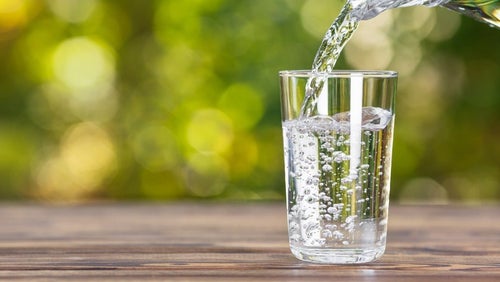
How Much Water Should I Drink In A Day?
Hydration reminder incoming...
Stress
Stress can be tricky to manage, but here’s few tactics to help reduce it:
- Programme dedicated relaxation time into your day to help you unwind
- Plenty of good sleep
- Regular exercise
- Active social life
- Nutritious diet
- Spend time outside
- Ashwagandha supplements
- Magnesium supplements
Medication
If you have finished a course of antibiotics, you may wish to consider introducing a probiotic supplement into your daily routine for a while after. “Supplementation appears to reconstitute the gut with good bacteria faster and may help reduce the risk of certain antibiotic treatment associated effects such as diarrhoea and bloating.
How to get rid of bloating
While there’s no specific cure for bloating, you can generally manage it through your diet. For example, limiting foods that can cause bloating is a good place to start.
Additionally, supplements to improve your gut health are another good place to start.
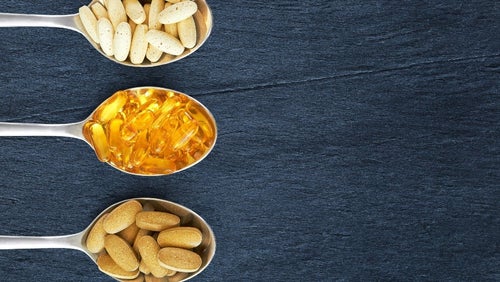
The 4 Best Supplements For Gut Health
Supplements to aid immunity, performance and microbiome balance.
Foods that can cause bloating
There’s plenty of elements of your diet that could be causing bloating. Highlighting these and being aware of them can help you to avoid bloating and hopefully any discomfort.
1) Salty foods
As the body digests salty foods, it holds on to water. This can result in you feeling bloated and very uncomfortable.
Having said this, the body does need a certain amount of salt (sodium) to function properly, but certain foods, normally processed and fast foods, have more than enough of this nutrient.
2) Fried foods
The high fat content of fried foods can wreak havoc on your digestive system — because of the fat content, they can be extremely difficult for your body to digest. And that’s where the bloating comes in.
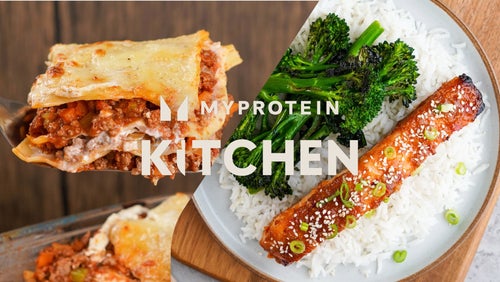
47 Meal Prep Recipes For Muscle Building & Fat Loss
Your next favourite prep is in here...
3) Vegetables
Certain vegetables, like beans and Brussels sprouts are known for their gas causing reputation. This isn’t an old wife’s tail; these vegetables contain a carbohydrate called Raffinose which the digestive system struggles to break down, leading to uncomfortable bloat.
Also, many vegetables are high in fibre. While fibre is good for our health, when eaten in excess it has the pretty unpleasant side effects of excess gas and bloating. We’re not suggesting you cut out any vegetables from your diet, but instead exercise the common saying — everything in moderation.

What is Dietary Fibre? | 23 High Fibre Foods
Good news: Popcorn made the list.
4) Fizzy drinks
Drinking fizzy drinks or even fizzy water can cause a bloated stomach. This is because carbon dioxide is present in the bubbles, which gets trapped in your belly.
While it’s all well and good saying to just reduce or stop drinking fizzy drinks altogether, it’s pretty ingrained in a lot of peoples routines. Instead, it might be best to start substituting them for flavoured water or flavoured teas.
5) Dairy Products
Many people struggle to digest lactose and some of the sugars in milk, which can cause bloating. However, it’s not necessarily a good idea to cut dairy out altogether, especially not without consulting a medical expert.
6) Sugary Foods
Unfortunately, sugary foods like cake, chocolate, sweets can all cause bloating. The bacteria in your stomach will feed on the sugar which results in both bloating and gas.
Additionally, because sugar is digested rapidly, when it's emptied from the intestines quickly it can cause cramping and bloating.
Take home message
There you have it — 10 common causes of bloating, and plenty of tips to help reduce it.
While Jamie is an accredited nutritionist, it’s important that if you’re struggling with your diet or bloating to speak to a professional for advice tailored to you, your body, and your lifestyle.
READ THESE NEXT:
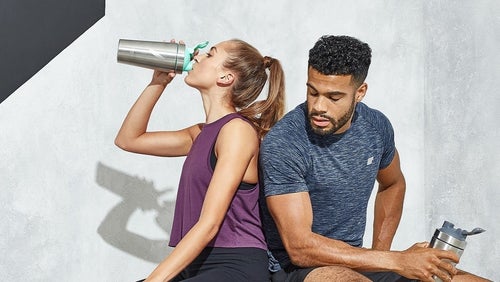
What Is Whey Protein? | Benefits, Side Effects & Dosage
Everything you need to know.
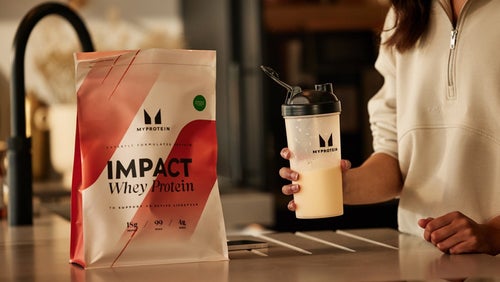
The Complete Guide To Protein Powders For Beginners
Match your protein to your training.

